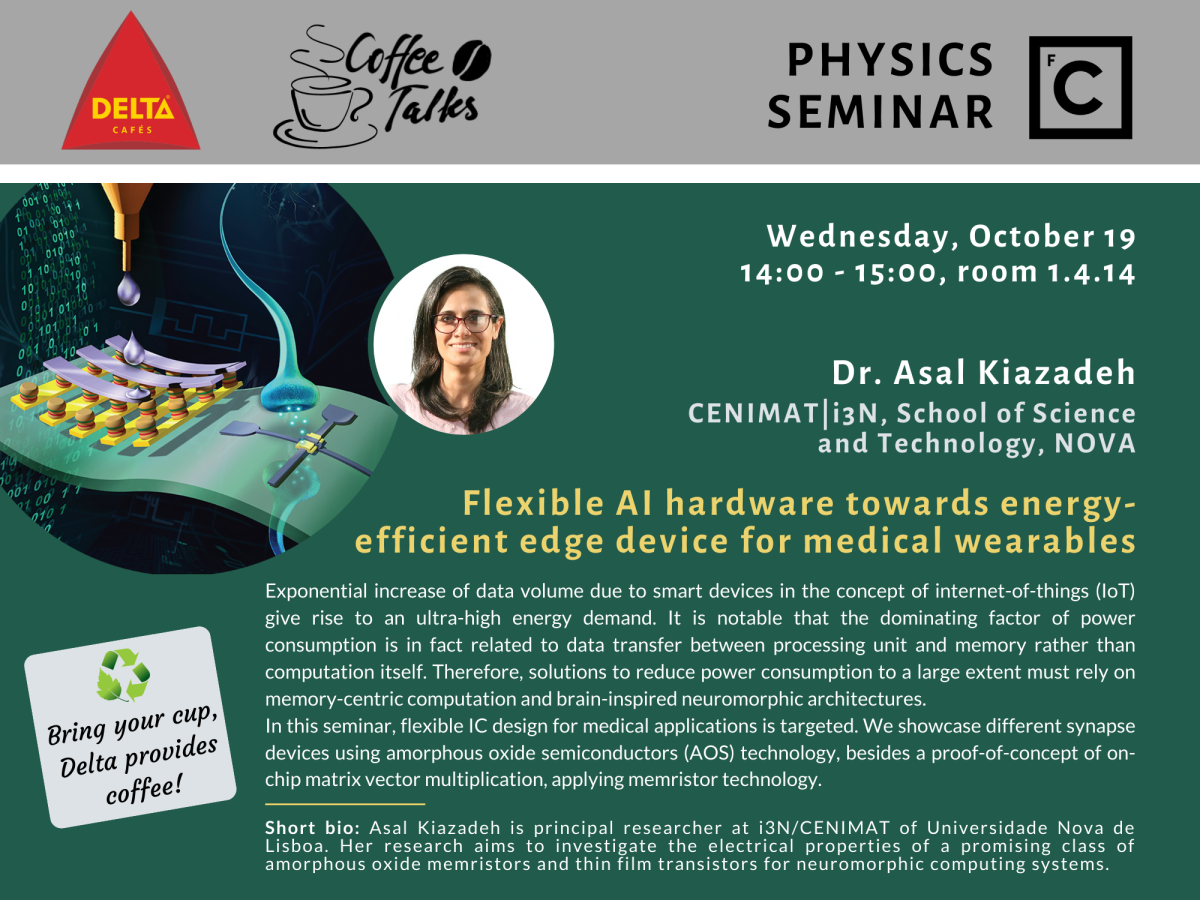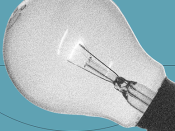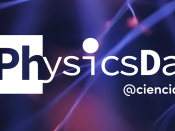Por Asal Kiazadeh (CENIMAT|i3N, Department of Materials Science, School of Science and Technology, NOVA University Lisbon and CEMOP/UNINOVA).
Exponential increase of data volume due to smart devices in the concept of internet-of-things (IoT) give rise to an ultra-high energy demand. It is notable that the dominating factor of power consumption is in fact related to data transfer between processing unit and memory rather than computation itself. Therefore, solutions to reduce power consumption to a large extent must rely on memory-centric computation and brain-inspired neuromorphic architectures.
In this seminar, flexible IC design for medical applications is targeted. We showcase different synapse devices using amorphous oxide semiconductors (AOS) technology, besides a proof-of-concept of on-chip matrix vector multiplication, applying memristor technology.
Short bio: Asal Kiazadeh is principal researcher at i3N/CENIMAT of Universidade Nova de Lisboa. Her research aims to investigate the electrical properties of a promising class of amorphous oxide memristors and thin film transistors for neuromorphic computing systems.
























